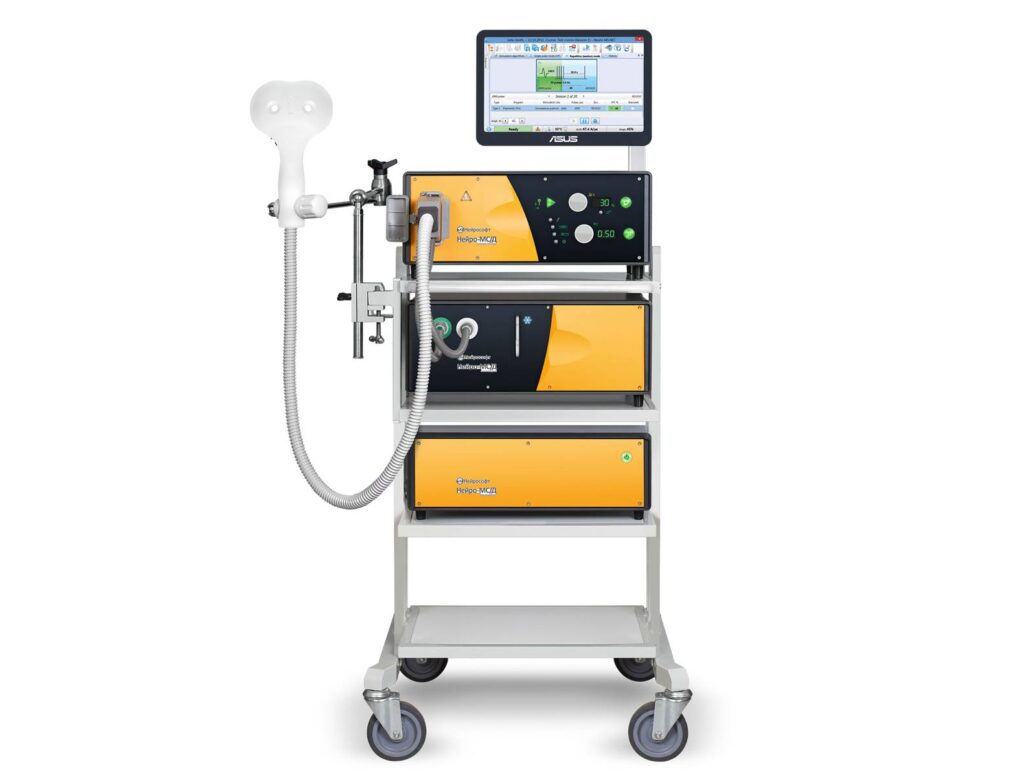TMS, or Transcranial Magnetic Stimulation, is a non-invasive neuromodulation technique that utilizes electromagnetic coils to deliver targeted, repetitive magnetic pulses to the brain. Positioned externally over the scalp, these coils produce magnetic fields that penetrate the skull to influence underlying brain regions. By focusing on specific areas, TMS can either stimulate or inhibit neuronal activity, depending on the frequency of the pulses used.

Through TMS, many have found a path to recovery, emphasizing its transformative potential in neuro-psychiatric care.


2. Holistic Well-being : Beyond addressing specific disorders, TMS paves the way for improved mood, restorative sleep, and an overall elevation in emotional well-being.
3. Avoidance of Medication Side Effects : TMS, with its non-pharmaceutical approach, ensures therapeutic advantages without the potential pitfalls and side effects often seen with medications. However, in combination it enhances the medication effect in a positive way.
4. High Success Rate : Not only does TMS serve as a beacon of hope for those with treatment-resistant conditions, but its customized treatments also ensure the best possible therapeutic results for each individual. At Buddhi Clinic, With over 12,000 Sessions we have seen a response rate of 80 to 85%.
5. Minimal Discomfort with Rapid Results : While the treatment is gentle and unintrusive, the benefits of TMS manifest quickly, allowing for an immediate return to daily life with renewed vigor.
BUDDHI CLINIC PRIVATE LIMITED © 2023 All rights reserved